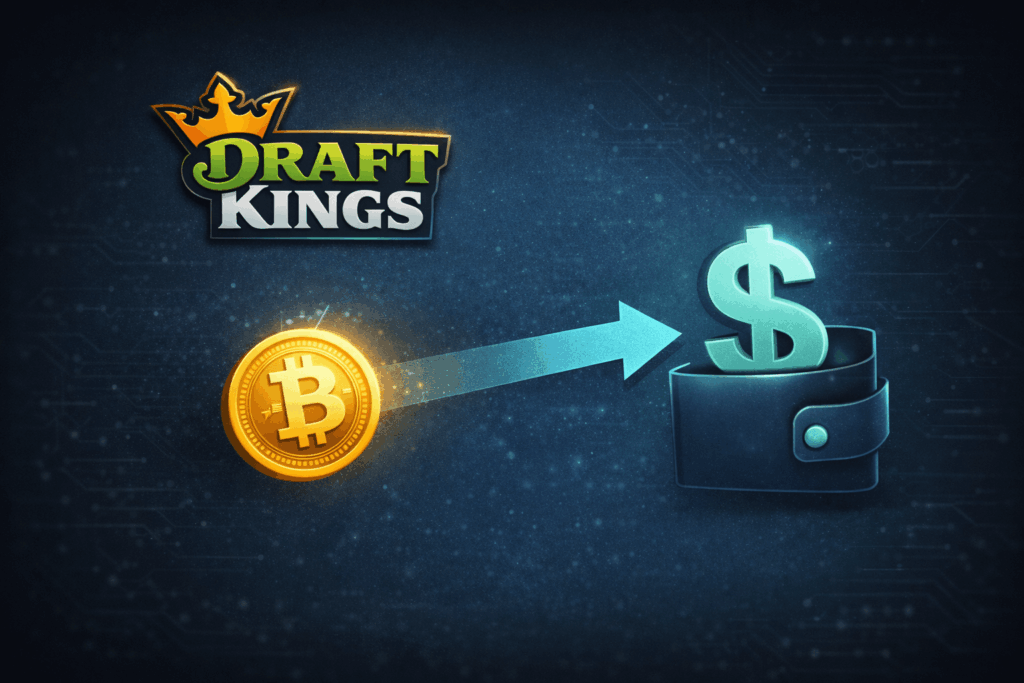In a step to bolster liquidity and ease transactional friction, Kalshi Klear, the clearing house for the prediction market, has filed with the Commodity Futures Trading Commission to “adopt an additional method to enable its Self-Clearing Members to fund their accounts” with cryptocurrency.
Separately, Polymarket’s mention in a recent SEC filing of “other warrants” and “other rights to acquire another security” has many crypto and prediction markets observers thinking the company is preparing to launch its own token. The filing by Polymarket parent Blockratize comes as Polymarket readies its re-entry into the US.
For now, Kalshi accounts are mostly funded with US dollars. By some estimates, only about 10% of deposits on the platform are made with crypto.
Polymarket, conversely, is a blockchain-based exchange.
Transactional ease, injection of liquidity
For now, crypto deposits on Kalshi are converted to dollars for trading. For self-clearing institutional members, the amendment would remove that step, save time, and eliminate conversion fees.
It may also attract a new wave of crypto-centric participants.
While most Kalshi users are likely to continue funding their accounts with US dollars, the rule change should inject at least some liquidity into its markets.
Liquidity, or lack thereof, is one of the knocks against prediction markets. Greater liquidity translates to the ability to make more and larger trades against tighter spreads.
Self-certification
Kalshi’s filing, posted by Sportico’s Dan Bernstein on X, is dated Sept. 19 and states the amendment will be effective Oct. 2, possibly later.
As a Derivatives Clearing Organization (DCO) registered with the CFTC, Kalshi is allowed to self-certify such a change. The modification takes effect automatically after 10 business days, unless the CFTC takes action to stop it.
“Kalshi has concluded that The Policy Amendment is not inconsistent with the CEA and the CFTC’s regulations,” the letter states.
Given that under the Trump administration the CFTC has done nothing to impede prediction markets so far, that seems unlikely.
Kalshi vs. Polymarket
While Kalshi and Polymarket are choosing different regulatory paths, both appear to be angling toward opening their platforms to more crypto in the US.
Polymarket users have come to expect this (while Polymarket technically exited the country in January 2022, it’s a virtual certainty that US users have still been accessing the platform). Its crypto-centricity is a major reason why traders are there in the first place.
Kalshi, by contrast, sees crypto as a new opportunity and perhaps a necessity, as its fiercest competitor prepares a U.S. return.








